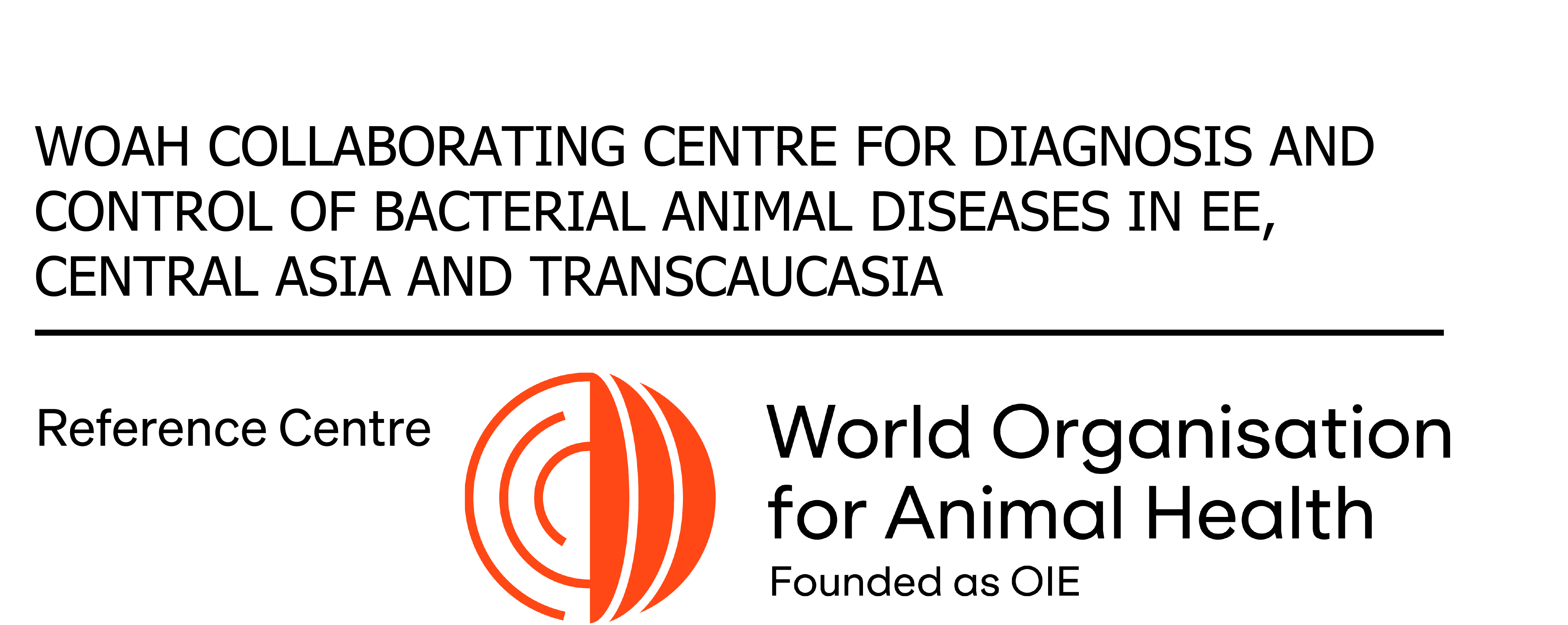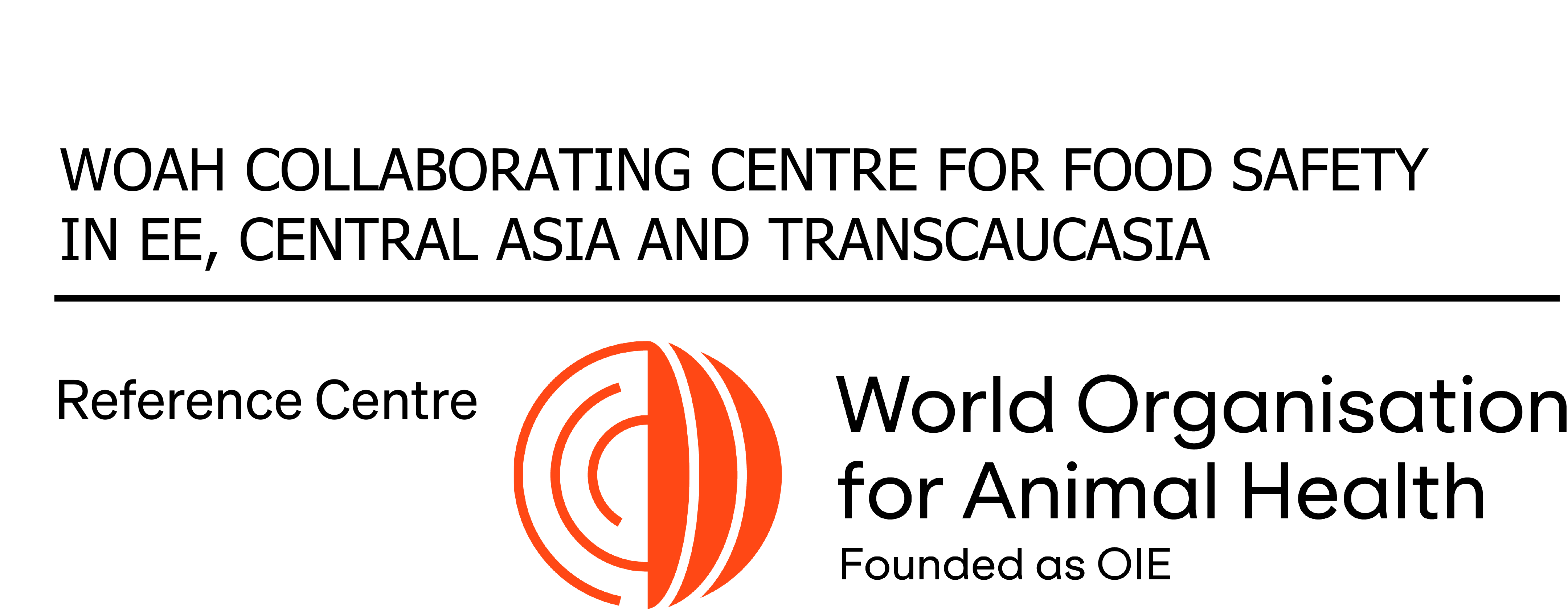FSFI “VGNKI” TOOK PART IN THE INTERNATIONAL FORUM "AGRO.PRO. POULTRY FARMING. PIG FARMING."
On March 20 – 21, 2024, the International Forum "AGRO.PRO. Poultry farming. Pig farming." was held in St. Petersburg. The event was traditionally organized by the SFERA Publishing House, a member of the Committee of the Chamber of Commerce and Industry of the Russian Federation for the development of the agro-industrial complex.
The business program of the forum included a discussion of technologies for raising poultry, pigs and cattle, including issues of feeding and feed production, veterinary medicine and breeding.
The event participants included representatives of companies producing ingredients and equipment for feed production, industry unions and associations, veterinarians, livestock specialists, geneticists, scientific institutions, managers and business owners of the agro-industrial complex of Russia and the CIS.
During the session “Poultry farming: from cultivation to processing: genetics and technology,” Olga Ivanova, head of the Testing Center of the Russian State Center for Animal Feed and Drug Standardization and Quality (FSFI “VGNKI”), presented her report.
She devoted her speech to the etiological structure and resistance of pathogens of socially significant foodborne toxic infections, as well as the use of antibacterial drugs in poultry farming.
Olga Ivanova spoke about systemic monitoring of the spread of foodborne pathogens, including using the PCR method to identify the most common determinants of resistance.
The head of the Test Center of FSFI “VGNKI” also explained the capabilities of the AMRcloud online platform for automated analysis of data on the sensitivity of bacteria to antimicrobial agents.
In particular, she spoke about identifying resistance genes in metagenomic samples using previously developed PCR-based techniques.
“Using the developed methods, 314 metagenomic samples from environmental objects (washes from cages, walls, equipment; fecal samples, litter, etc.) were analyzed,” Olga Ivanova noted.
Most often, resistance to penicillins, cephalosporins, aminoglycosides, tetracyclines and sulfonamides was detected in enterprises raising poultry, cattle, pigs and goats.
Resistance to colistin and fluoroquinolones was detected on poultry farms and pig farms.
In the final part of her speech, Olga Ivanova spoke about educational programs on antimicrobial resistance of the Scientific and Methodological Basic Center of FSFI “VGNKI” and the creation of a collection of multi-resistant strains.





